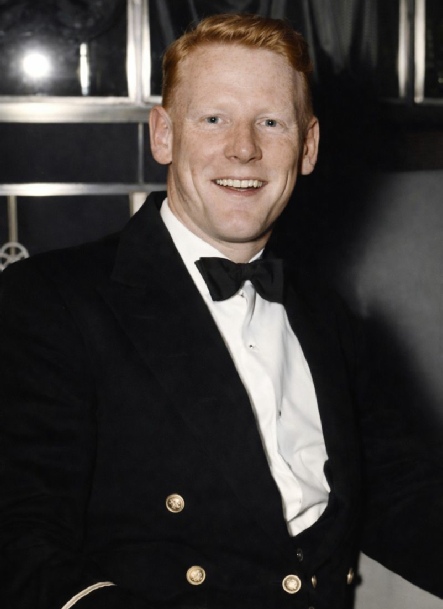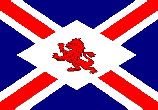My first deep-sea voyage as a cadet was aboard the MV Clan McLaren, departing from London’s Victoria Docks and bound for Christmas Island in the Pacific.
It was an unusual mission. We were, I believe, the last supply ship to serve the military and scientific teams stationed at Britain’s atomic bomb testing facility.
I remember vividly crossing the storm-lashed Bay of Biscay, en route to the Panama Canal. The Second Mate—his name might have been Peat—told me it was the worst Biscay crossing he’d encountered in 25 years at sea. Strangely, I wasn’t sea-sick.
Among our cargo were pallets stacked with cases of lager and beer, intended for the troops. They’d been loaded in London under steady rain, and by the time we reached Christmas Island six weeks later, most of the cardboard boxes had begun to disintegrate. By the end of the unloading, some of the soldier-stevedores weren’t in much better shape.
My final full ocean voyage came years later, when I sailed as Second Mate on the MV Elizabeth Bowater. It too was no ordinary trip. We spent six or seven months ferrying newsprint between Liverpool, Nova Scotia and Alexandria, Virginia. The Washington Post, which owned half the Canadian paper mill, was our main client.
For our final leg back to the UK, we were loaded with dense paper pulp—so much of it that we were riding the edge of seaworthiness, according to our Plimsoll line.
Then came the storm. A brutal, four-day tempest in the North Atlantic caught us off guard. The Elizabeth Bowater—a small ship by any standard—was engulfed by the churning sea, struggling to make headway.
Our autopilot failed—my responsibility—so I spent hours in the steering chamber, a cramped, oil-slicked space above the rudder, humid and stinking of hot machinery, working to fix it.
One night, during my watch, a watertight door blew open to a compartment housing electrical switchgear. With no volunteers from the crew willing to brave the conditions, the First Mate and I tackled it ourselves. We managed to get it shut, but not before the North Atlantic made a determined effort to drag me off the deck and into its furious depths. Thankfully, we’d roped ourselves to the ship beforehand.
Looking back, it strikes me as strange that my career at sea was bracketed by such wild storms. Stranger still is the fact that, despite years sailing on everything from general and refrigerated cargo ships to tankers and Union-Castle’s great liners, I was never once sea-sick.
That affliction only struck years later, long after I’d come ashore, during a six-month stint working on a charter yacht in the Caribbean.
Had it hit me earlier, who knows? It might have driven me away from the sea entirely. And just imagine what I would’ve missed.
I am sorry to have to give you the sad news of the death of my husband, Francis Glibbery.
Francis died peacefully in hospital in Exeter early on the morning of 9th December, of sepsis and Covid-19.
He had been ill with a chest infection since late October; as he was not improving he was hospitalised on 11th November and unfortunately he contracted Covid-19 in hospital.
He was home briefly from 2nd December but worsened again and was re-admitted to hospital on 5th December.
I must apologise for the delay in letting you know of Francis’s death. The reason for this is that I also caught the Covid virus and was ill myself. I am sorry that this meant I only managed to notify close friends and immediate family prior to the funeral, which was held at East Devon Crematorium on 23rd December.
Francis was a very special person, and we had hoped to enjoy many years of retirement together down here in Devon, after we married in April 2016. Sadly, it was not to be. Although I miss him terribly, there are many wonderful memories and experiences to look back on, which are a great comfort at this time.
Lesley (Cawley Glibbery)





